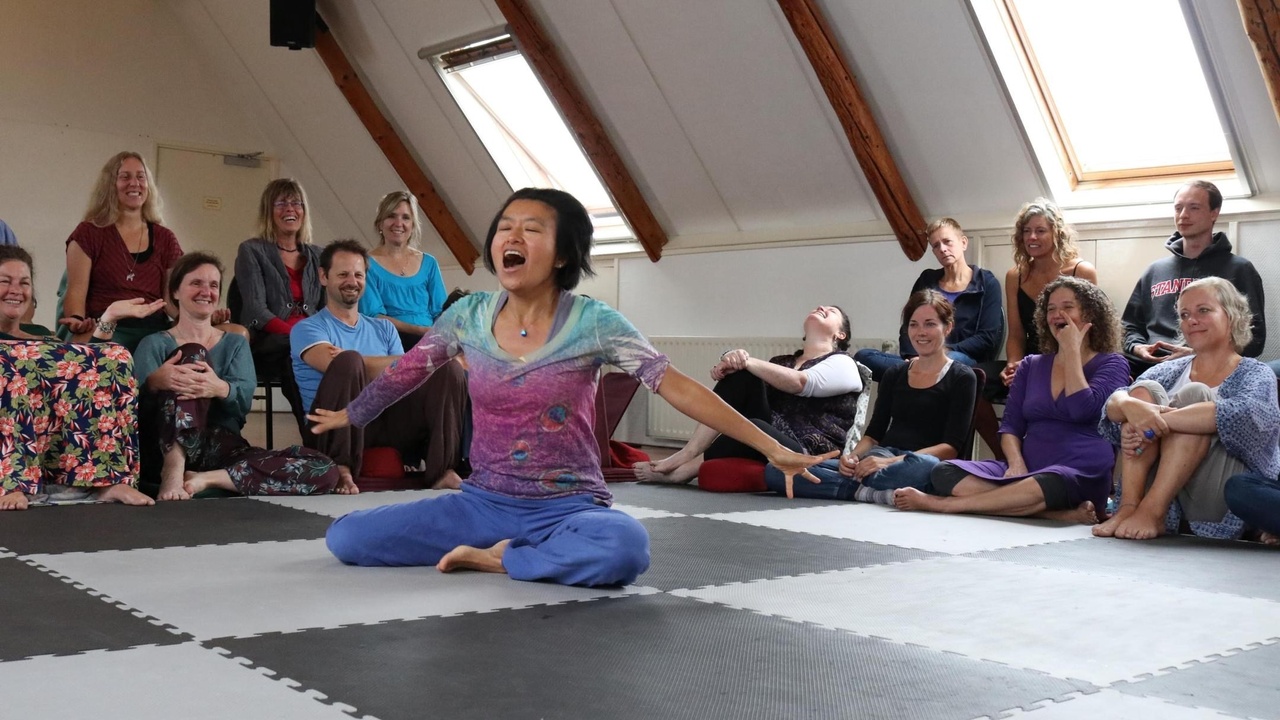Watching How We Close Offers the Key to Opening
If you’ve been following our blogs for the past several weeks, you have learned (or perhaps have been reminded) that the language of Heart iQ is not for the faint of heart. It takes courage and commitment and this week’s practice is a reflection of this.
In week 7 of the 90-Day Challenge, we learn The Acknowledgement Process. The practice of tracking the defence strategies that appear when we or our partner are in pain, and owning the parts we play in our relational disconnect.
In Heart iQ we use a term called S.T.U.A.R.T.
S.T.U.A.R.T is the neurological, emotional and energetic shield that we place ourselves behind to keep us safe. To ensure the S.T.U.A.R.T remains intact, we create defence strategies that act like the military might to keep this shield in place.
Now, we all have defence strategies. Strategies that we have put in place and have relied upon from a very young age. So the question isn’t whether we have them or even if they’re healthy or not, but rather are these strategies serving our most intimate relationships now?
The answer is almost certainly….no they are not.
So this week we enter into the The Acknowledgement Process. Learning to track our defence strategies; specifically the things we do and the ways we behave when we or our partner are in pain, and then acknowledge how these very behaviours are contributing to the disconnect we now feel.
This level of ownership can be the last thing either of you may want to do in the moment, and yet it is key to rebuilding rapport, trust and deeper intimacy.
The Acknowledgment Process is presented as a practice for you and your partner, however this process serves all relationships in a deeply profound way. Generally speaking, all humans are longing for relationships they can trust. Tracking and acknowledging our defensive strategies instantly brings us closer to another, as these actions are beacons of honesty, vulnerability and trustworthiness.
To learn more about The Acknowledgment Process watch the video above. To experience this process through the eyes of a student, enjoy the accompanying blog here.
Through the Eyes of a Student
By Shalini Tewari
My partner and I are driving together in tense silence. We are on our first trip away together since our relationship began. I had imagined a far different reality than the one currently taking place. Silence, tension, anger, sadness, and regrets pervade my inner space.
I perceive indifference and aloofness in him, which makes the whole situation unbearable. I start to notice thoughts about how much money I’ve spent to be on this trip, and this brings a new level of toxicity in my mind.
I need to take pause. I take a deep breath and focus on the nature outside instead.
‘These are the moments to implement the practices you’re learning. What’s the point if you cannot apply the tools in real life?’ I remember thinking to myself.
We arrive at our destination and I choose to let myself off the hook. I’m pissed, and that’s okay. Part of the journey is learning to feel good in feeling bad.
Luckily, we both have a level of maturity to be able to enjoy the destination we’ve come to explore without holding on to any animosity. We are amicable with one another, not superficially, but in a genuine way, knowing we will address what needs to be addressed when the time is right.
Feeling that time has arrived, I decide to kick off the conversation by using this week’s practice – acknowledging what I do in the relationship that doesn’t work. It takes all I have to stop myself from pointing the finger at him for his earlier explosion during breakfast.
But I come into my heart and take the first step to acknowledge my role in all of this.
‘What I did last night that didn’t work was when I told you to do the dishes and clear the food, I didn’t communicate what was really going on for me, and so my tone came across as demanding.
I felt tired and unsupported in the meal preparations, but instead of asking you for your help, I held it in and it came out as an unhealthy expression.
What’s coming up for me now is how my mother used to do the same and instead of ask for help, she would get angry out of nowhere. We would all be so surprised as there was never any indication prior to this that she needed help. We later learned that she wished we would notice and offer instead of her having to ask.’
I take a beat here to check in with my partner. He seems open and relaxed compared to earlier. Without needing to ask, he checks in with his own acknowledgment.
‘Thank you for sharing. I acknowledge that I could have communicated my feelings last night instead of reacting this morning to something unrelated.
I get how you would have been surprised by my reaction in that moment, as it did not fit the situation at hand. I held on to my resentment from the night before instead of openly communicating it with you. I can see how that created tension between us.’
I am in awe of how seamlessly this is flowing. I ask him if he’s open to my sharing other defense strategies that I am aware of employing when both him and I are in pain. I notice how good it feels to take ownership for the role I play in widening the gap in my relationships.
‘What I do that doesn’t work is that when I am in pain, I give you ultimatums to test your level of commitment. I can get needy at times and become oversensitive and suspicious of your actions and intentions.
When you’re in pain, I sometimes try to fix or solve your problems, or judge you as being stuck in a powerless mentality.
I notice that as I share this judgment with you that I am actually judging that same part in me. And this makes me feel compassion and tenderness for those parts that reside within us both. This makes me feel closer to you.’
Both of our bodies are completely relaxed now. We’ve moved closer toward one another both physically and energetically, and the very large gap that had been created from this morning has completely closed.
In the acknowledgment and ownership of our defense strategies, we could understand the many ways that we protect our hearts and remain closed. And by revealing these mechanisms to one another, we opened up and came more deeply into connection.

Why Choose Us
Integer nisl odio, scelerisque
fermentum rutrum leo. Praesent sit amet sem aliquet, dapibus metus et, tempor sapien. Cras varius metus metus, ac tempor ex malesuada lacinia. Nulla facilisi. Integer ultrices, risus sed euismod rhoncus
orem leo egestas velit, id volutpat ex nibh a neque. Quisque orci metus
iaculis libero. Nam porttitor nisi sed elit dictum, sed rhoncus
ipsum luctus. Pellentesque viverra, diam ac euismod pharetra















